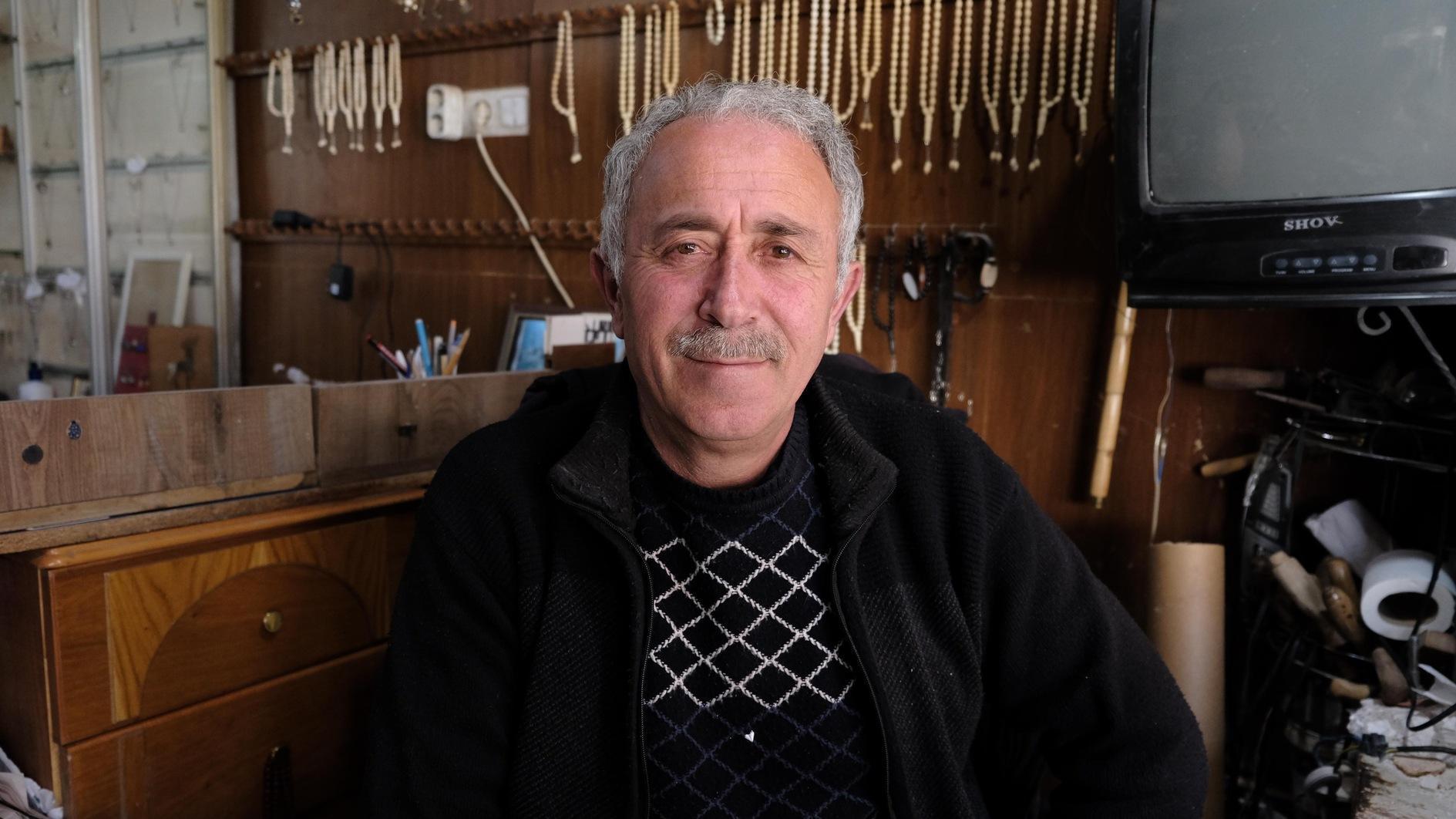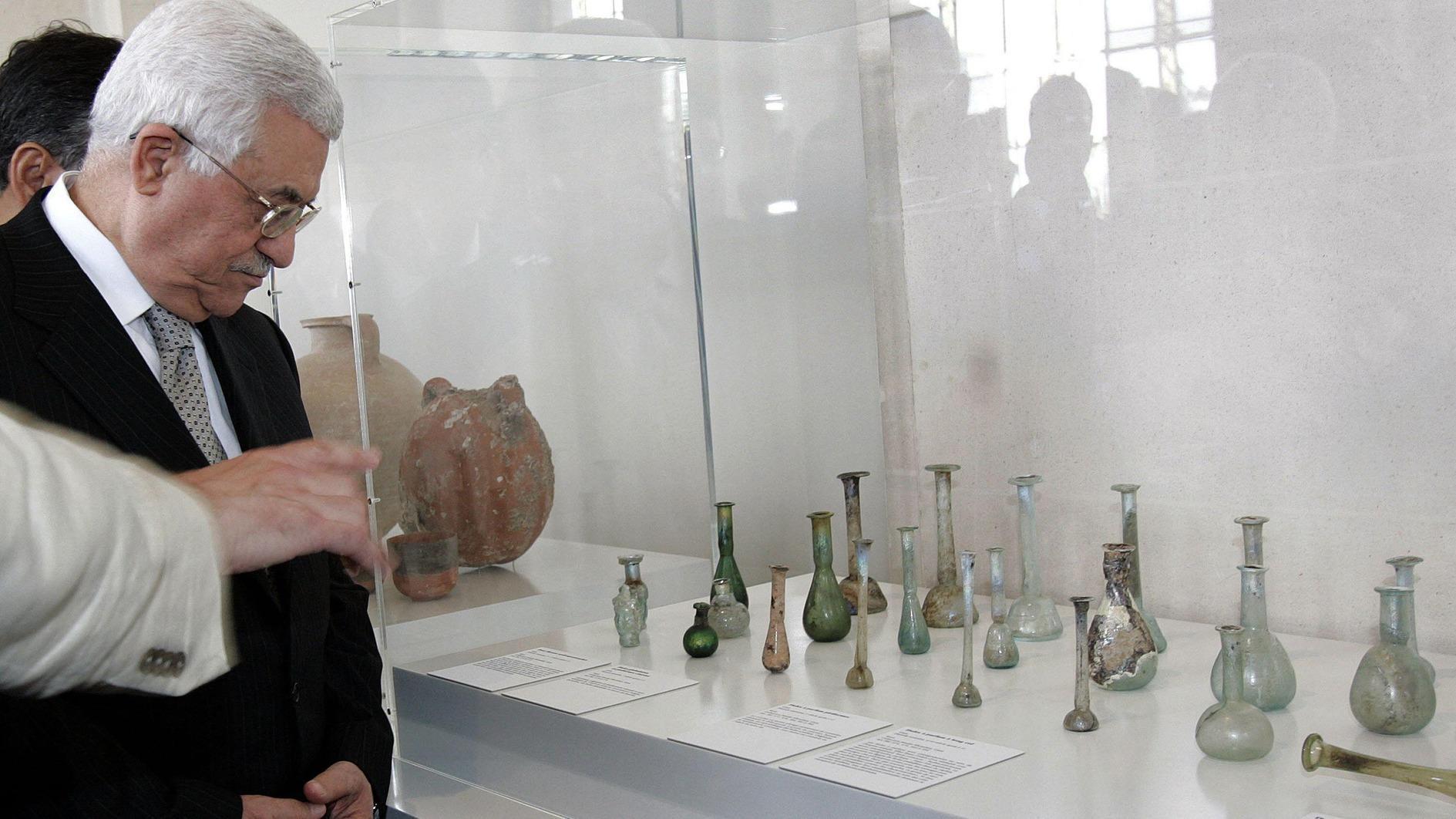Highways paving the way for Erdoğan?
“At least, he built the Autobahn.” According to economists Nico Voigtlaender and Hans-Joachim Voth (V&V), this is how many Germans (and historians) explain the Nazi regime’s widespread support.
The Hitler government started building the world’s first nationwide highway system within nine months of taking office in 1933. In their working paper “Highway to Hitler,” which was published at the end of May, the two economists ask if voters in districts where roads were being built supported the government more.
But what do absolute votes mean if elections are neither free nor fair? V&V therefore look at the decline in the level of opposition in districts, over and above general shifts in voting behavior, between the 1933 Reichstag elections and the August 1934 plebiscite on combining the powers of chancellor and president in the hands of Adolf Hitler.
While opposition to the regime fell slightly overall, the decline was markedly larger in electoral districts where there was highway-building. Moreover, the decrease in opposition was largest in districts closest to the highway construction sites.
But the regime could be rewarding districts where its support rose the most. To test this, V&V differentiate between highways that were part of a 1920s plan, on which the Nazis based their construction, and those that were not on that plan. The decrease in opposition is actually smaller in districts outside the original plan.
I could not help but think if a similar effect was going on in Turkey. Since the most recent data was from 2012, I could not look at the effect of road-building on the ruling Justice and Development Party’s (AKP’s) performance in the local elections. I was also unable to make predictions on the August 2014 presidential elections, which will be the first step in combining the powers of prime minister and president in the hands of Recep Tayyip Erdoğan.
But building on V&V’s methodology, given rigging allegations, I was able to look at the relationship between highway-building and change in support for the AKP at the provincial level in all the elections from 2002 to 2011. Surprisingly, the AKP tended to do worse in provinces like Gaziantep and Şanlıurfa where highways were built from one election to another.
However, highway-building was never a priority for the AKP: From 2002 to 2012, the total length of highways in Turkey rose from 1,714 to 2,127 kilometers. While the 24 percent increase may seem impressive, highways were built in only a handful of provinces, and they make up just 3.3 percent of Turkey’s non-village roads.
In fact, there wasn’t much new building going on: The total length of all the roads except village roads and highways rose from 61,000 to 63,000 in the same period. As anyone who has driven in Turkey would tell you, most of the work was dividing or paving. The length of divided roads rose from 6,000 to 22,000, whereas the length of unpaved roads, including village roads, fell from 144,000 to 33,000.
Unfortunately, I could not find any data on road-dividing and paving at the provincial level. Therefore, I have no idea if these efforts paved the way for the resistible rise of Recep Tayyip Erdoğan, just as the Autobahn became the highway to Hitler.










